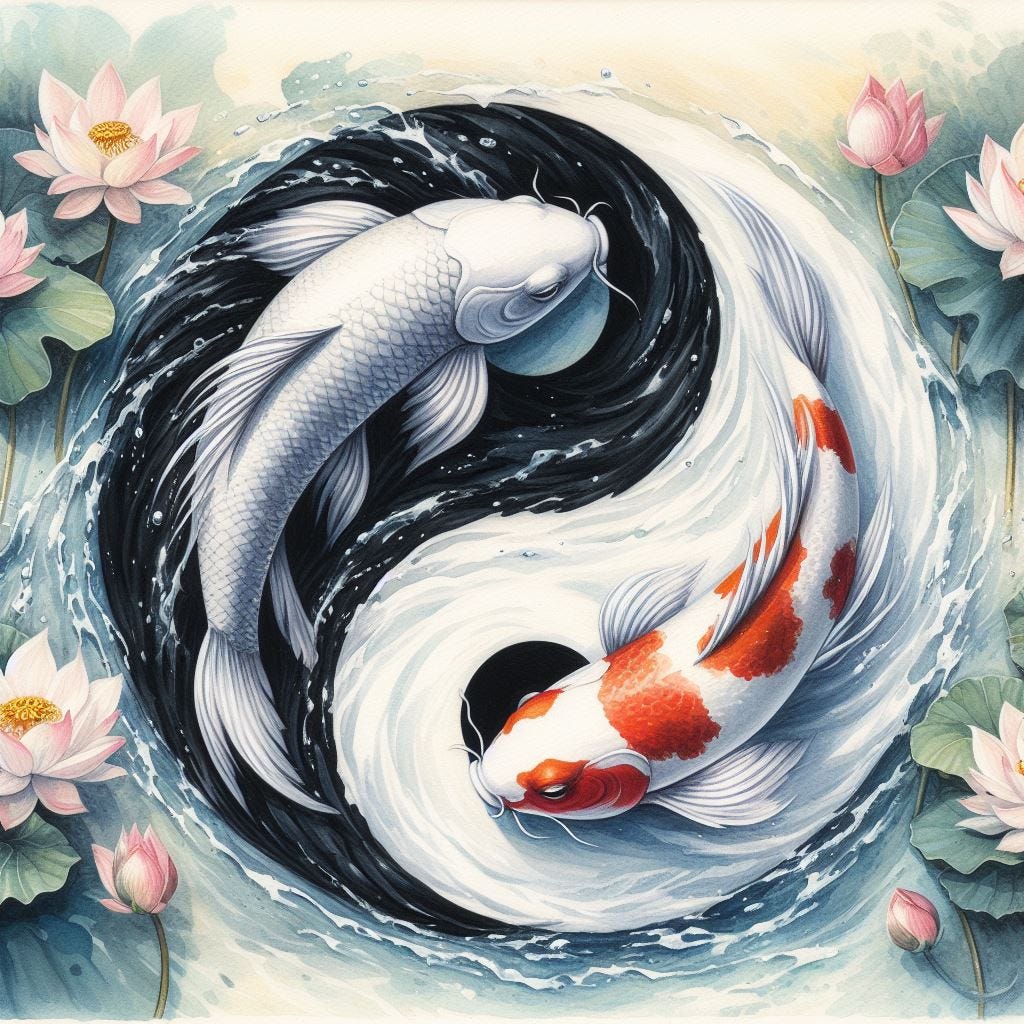Transgressive fiction is an invitation to embrace the outcasts, the degenerates, the marginalized, the eccentrics, and the outsiders of society. And if not embrace, then to understand and empathize with them. And if not embrace, then a least make room for them.
The best transgressive fiction doesn’t preach. It doesn’t lecture. It doesn’t judge. To me, it oddly feels like home. Getting lost in a transgressive novel is a vacation from feeling like a freak.
I wager a lot of us feel like strangers (on several levels). Strangers to the universe. Strangers to the world. Strangers to society. Strangers to our community. Strangers to our profession. Strangers to those closest to us. And even strangers to ourselves. Marx would reduce these to the 4 alienations: alienation from environment, from work, from others, and from self.
The point isn’t to get lost in the weeds, circle jerking ourselves over classification (attend academic conferences for this). Rather, we all (or most) feel alienated to one degree or another. Some feel it more intensely than others. When the intensity is multiplied along multiple dimensions, it’s fair to say we have an outsider or an outcast.
Many fight being an outcast. Group membership and tribalism run deep, as we are social animals. We want to belong. And when we don’t belong, seemingly anywhere, it’s a terrifying thing (consult Terror Management Theory for why).
That said, outsiders play an important role.
The Role of The Outsider
The following observations are heavily inspired by the late Alan Watts.
Alan Watts riffs on the phrase “far out” when discussing oddballs, eccentrics, and folks with unconventional ideas. We might say: “man, talked to John lately? He’s pretty far out.”
Alan Watts subverts the phrase. For him, the far out people are those too self serious. Too lost in the games of life. They are so “far out” into their life game, they are lost, forgetting it’s a game. To burrow a now popular phrase, such folks haven’t touched grass lately.
The outsiders, on the other hand, are far in. For as Watts claims, since we are on the outside, we see these things for what they are: games. There could be important games. But these are still games we play nevertheless.
The outsider is there to remind the far out people: hey! It’s just a game at the end of the day. Why so serious? It’s not a coincidence Christopher Nolan’s Joker is the way he is. The Joker is a staple motif in eastern thought. For what does The Joker do than foil the cops-and-robbers game? Does he not make a mockery of it?
The great Bill Hicks made a similar observation when closing his sets:
“The world is like a ride in an amusement park, and when you choose to go on it you think it's real because that's how powerful our minds are. The ride goes up and down, around and around, it has thrills and chills, and it's very brightly colored, and it's very loud, and it's fun for a while. Many people have been on the ride a long time, and they begin to wonder, "Hey, is this real, or is this just a ride?" And other people have remembered, and they come back to us and say, "Hey, don't worry; don't be afraid, ever, because this is just a ride." And we … kill those people. "Shut him up! I've got a lot invested in this ride, shut him up! Look at my furrows of worry, look at my big bank account, and my family. This has to be real." It's just a ride.”
The Joker isn’t well received in Gotham. Bill Hicks wasn’t well received among the public. These men are outsiders. They tell us uncomfortable things about ourselves, and society. Maybe the adult variant of cops and robbers is kind of foolish? Maybe? Maybe it doesn’t matter how much you have in your bank account? Maybe? And maybe outsiders remind us all to relax a little.
Alan Watts says the outsider functions as a sanity valve on society. Maybe if you take life games too seriously you print out your last book The Pale King, write a two page suicide note, then hang yourself on your porch, all the while having a teaching job at Pomona College. Of course I’m talking about David Foster Wallace. Obviously there’s more to the story, but hopefully you get my point.
Transgressive fiction challenges norms. This much is clear. But why? Just to rebel? Sure, there’s a punk rock aspect. But that’s not the only reason. Or it shouldn’t be. It’s not shock for shock sake. It’s shock to wake people up. To think. That maybe, just maybe, we ought to question the game rules. Because maybe the game sucks? And maybe the rules suck?
Bill Hicks continues:
“But we always kill the good guys who try and tell us that, you ever notice that? And let the demons run amok … But it doesn't matter, because it's just a ride. And we can change it any time we want. It's only a choice. No effort, no work, no job, no savings of money. Just a simple choice, right now, between fear and love.”
Transgressive fiction plays a fun game with the literary world. Many complain about the state of books catering too much to the ignorant masses. I get it. We’ve all read such books. But if I may point out: what makes excellent books excellent? Is it not in large part relative to the book ecosystem? Sure, we can point to the text in isolation, and analyze what makes it great. But is that the whole story? Is it not great largely within the context of a cultural background too? There’s an old phrase: you didn’t fall out of a coconut tree. You exist within the larger historical context. Similarly: a transgressive piece didn’t fall out of a coconut tree.
Transgressive fiction needs a conservative and prudish publishing industry. Arguably, it’s too restrictive, and conservative at times. But what if it was hyperpermissive? Wouldn’t something be lost from transgressive fiction?
Perhaps it’s best to think of the relationship between transgressive fiction and more “normie” literature as a dance, and not a battle. We go around and around as symbolized by Yin and Yang:
For we need the prudes, and they need us. Do we view the tension as a battle? Or a dance? If it’s a battle, and the transgressive fiction camp wins, what will we push back against? If it’s a dance, the game continues in a kind of beautiful harmony. The “normie” fish chases the transgressive fish, and vice versa.
Enjoy the dance.
Tell someone they are marvelous.





Great post, Sebastian. If everybody wrote transgressive, it wouldn't be transgressive anymore. Most things in life are defined by opposition (or complementarity, if you prefer). I know good writing because I've read bad writing, and I may add: I learn as much from bad writing as I do from good, probably because it's less intimidating :)
I love fishies lol